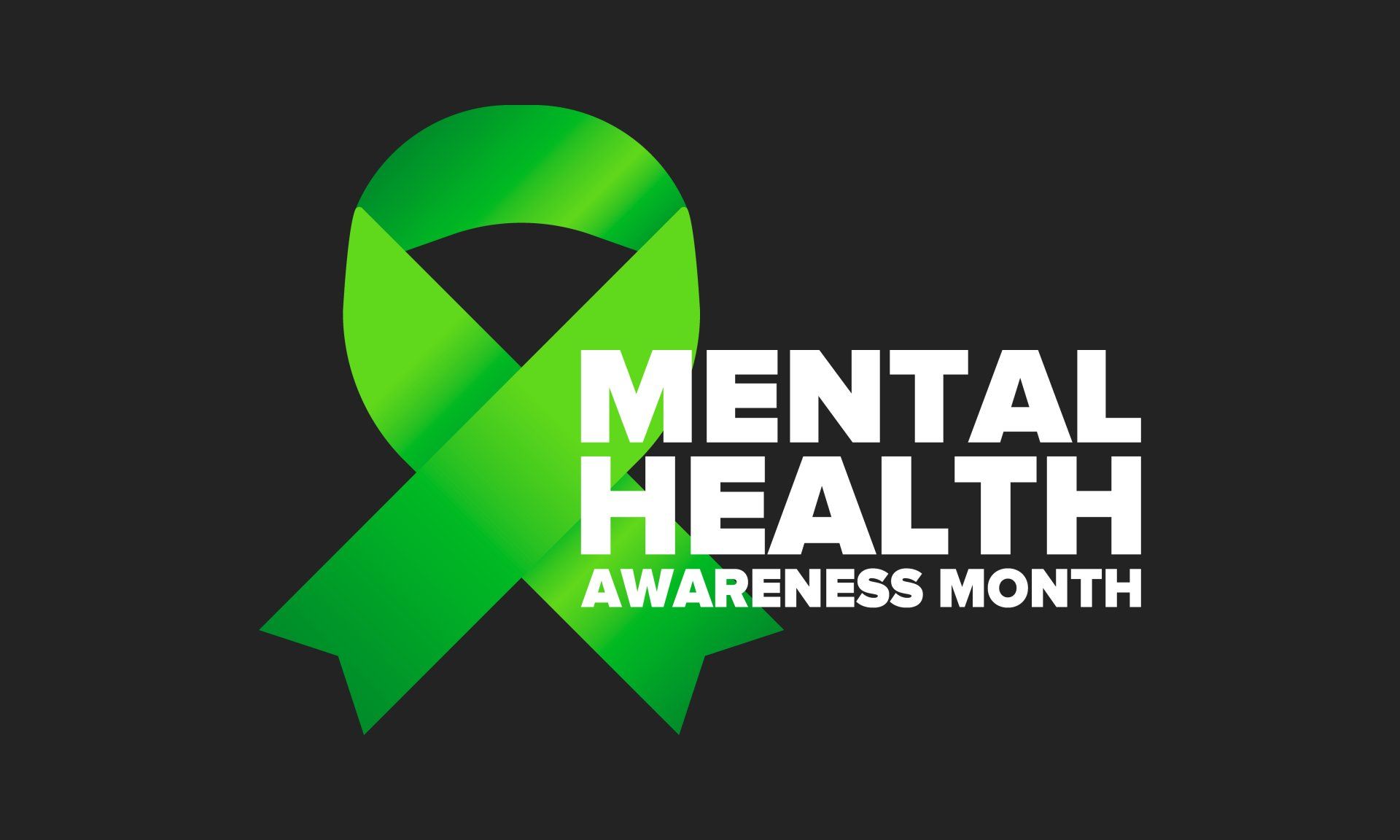The Importance Of Counseling For Those Who Are Transgender
AustinCTS ~ April 30, 2022
The Importance Of Counseling For Those Who Are Transgender
Counseling is an important aspect of mental health for anyone and can be very helpful for those who are trans or are exploring gender. Counseling can provide a safe space for someone to explore their gender identity and help gain understanding and self-acceptance. Additionally, counseling can help work through any problems related to connecting to authentic self and coming out. However, finding a therapist who is knowledgeable and supportive of transgender issues can sometimes be difficult. Those who are trans can face some specific challenges related to mental health while already fighting the general stigma attached to mental health and counseling. If someone feels they must hide their identity in order to get the help they want, that can prevent someone from getting what they need leading to greater psychological distress.
Talking with a counselor can be a great way to explore gender identity and work through any associated issues. While the trans population can face discrimination in general, it could also happen when seeking mental health care. For instance, some therapists may not be accepting of transgender clients or may not be knowledgeable about transgender issues. It's important for counselors to be aware of the unique challenges that transgender people face. By understanding these challenges, counselors can provide the best possible care for their transgender clients. There are many more counselors who care and want to help than not!
Tips for Choosing the Right Therapist
It is important to find a therapist who is experienced, supportive, and understanding of the needs of a client who is trans. There are several ways to find a qualified therapist, such as searching online directories or asking for recommendations from others in the LGBTQIA+ community. Once you have found a few potential therapists, you can schedule an initial consultation to see if they are a good fit for you. In the consultation ask about the counselor's experience working with the trans population, ask how they support the trans population and if they are familiar with the needs of those who are trans and how to navigate getting hormones, referrals for doctors and their ability to write letters of support for different things someone might need during transition. In consultation, you can get a feel for the counselor's ability to help you with your journey of exploration and possible transition.
It is important to find a therapist who is experienced, supportive, and understanding of the needs of a client who is trans. There are several ways to find a qualified therapist, such as searching online directories or asking for recommendations from others in the LGBTQIA+ community. Once you have found a few potential therapists, you can schedule an initial consultation to see if they are a good fit for you. In the consultation ask about the counselor's experience working with the trans population, ask how they support the trans population and if they are familiar with the needs of those who are trans and how to navigate getting hormones, referrals for doctors and their ability to write letters of support for different things someone might need during transition. In consultation, you can get a feel for the counselor's ability to help you with your journey of exploration and possible transition.
Tips that let you know a counselor is likely trans-friendly and knowledgeable might be:
- A therapist who asks about and uses your preferred name and pronouns.
- A therapist who is aware of the unique experiences and concerns of someone who has questions around gender.
- A therapist who is open to discussing gender identity and transgender issues and does not seem hesitant or nervous about it.
- A therapist who is respectful of your privacy and confidentiality and understands the sensitivity of your situation.
- A therapist who knows proper language and does not use outdated and/or offensive terms
- You feel respected, heard, and understood.
Always remember that if you do not like your experience after a consultation or a session or two, you can always stop going to that counselor and find a different one!
Why Counseling is Important
Counseling is an important part of the journey toward self-acceptance and wellbeing. There are many complex feelings and emotions that impact one's sense of identity, relationships, and future goals. By seeking out counseling, one can gain much-needed support as they navigate these difficult issues in a healthy and healing way. Counseling can take many different forms, including individual sessions, group support meetings, and online resources. Check out each one to see what feels best for you!
Counseling is an important part of the journey toward self-acceptance and wellbeing. There are many complex feelings and emotions that impact one's sense of identity, relationships, and future goals. By seeking out counseling, one can gain much-needed support as they navigate these difficult issues in a healthy and healing way. Counseling can take many different forms, including individual sessions, group support meetings, and online resources. Check out each one to see what feels best for you!
Furthermore, there is a significant benefit from engaging within safe spaces where one is free to explore their identity without fear of judgment or discrimination, allowing someone who might be trans to gain clarity and understanding. Through counseling, people can explore the complexities of gender identity, build positive relationships with family and friends, work through relationship issues and trauma history, and set goals for their future. Overall, counseling provides a supportive environment where the client can feel safe and understood as they confront the challenges of living authentically in a society that can be hostile towards difference. Thus, for transgender individuals seeking growth, healing, personal empowerment, or increased fulfillment in life - counseling can be a crucial resource.
Through counseling, people can learn more about themselves and receive support as they transition to living in accordance with their true selves. Additionally, counseling can help someone in transition access necessary medical care, such as hormone therapy or gender affirming surgeries. By providing tools and resources for navigating the complexities of social and medical transition, counseling can help empower someone in transition to live a happy, healthy life consistent with their true gender identity. Therefore, it is clear that counseling offers immense benefits and can provide one with a safe, supportive space in which they can grow and thrive.
Challenges the Trans Community May Face When It Comes to Mental Health
Those in the trans community may face a number of unique challenges when it comes to mental health. Some individuals may be more vulnerable to feelings of depression or anxiety due to experiences of harassment, unfair treatment by others, social stigma, or discrimination. There may be struggle to find access to quality counseling or therapy services that are sensitive to their specific needs and concerns. Additionally, someone may feel vulnerable or unsafe in traditional treatment settings, such as hospitals or psychiatric clinics, due to the potential for discrimination or trans-phobia. Furthermore, the trans community can lack support networks and safe spaces where they can talk openly about the unique challenges that they face in their day-to-day lives, especially if the person is isolated or in a rural area.
Those in the trans community may face a number of unique challenges when it comes to mental health. Some individuals may be more vulnerable to feelings of depression or anxiety due to experiences of harassment, unfair treatment by others, social stigma, or discrimination. There may be struggle to find access to quality counseling or therapy services that are sensitive to their specific needs and concerns. Additionally, someone may feel vulnerable or unsafe in traditional treatment settings, such as hospitals or psychiatric clinics, due to the potential for discrimination or trans-phobia. Furthermore, the trans community can lack support networks and safe spaces where they can talk openly about the unique challenges that they face in their day-to-day lives, especially if the person is isolated or in a rural area.
However, there are also many resources available that aim to support transgender individuals in their mental health journeys. For example, many counseling centers and support groups have been specifically designed to be trans-friendly and non-judgmental. Additionally, transgender individuals can turn to online communities and forums where they can connect with other's going through similar experiences.
No one is alone in the LGBTQIA+ community, even if we struggle to find our tribe. Fortunately, there are many helpful, safe, and supportive resources available for mental health support. If you are in a rural area, you may turn to online and telehealth services in bigger cities with more services and greater acceptance. Overall, while the challenges faced are real and significant, it is important to remember that there is hope, help is available, and it gets better!
In conclusion, transgender individuals can face challenges when it comes to mental health. However, with the help of a therapist who understands transgender issues, these challenges can be addressed and dealt with in a healthy way. Counseling is an important step on the road to self-acceptance and happiness for some people. If you are looking for a therapist who specializes in counseling with the LGBTQIA+ community, please call
Austin Counseling and Trauma Specialists
today. We would be happy to answer any questions you have about our services or provide you with information about our therapists, some who are part of the LGBTQIA+ community and others who are strong allies!













